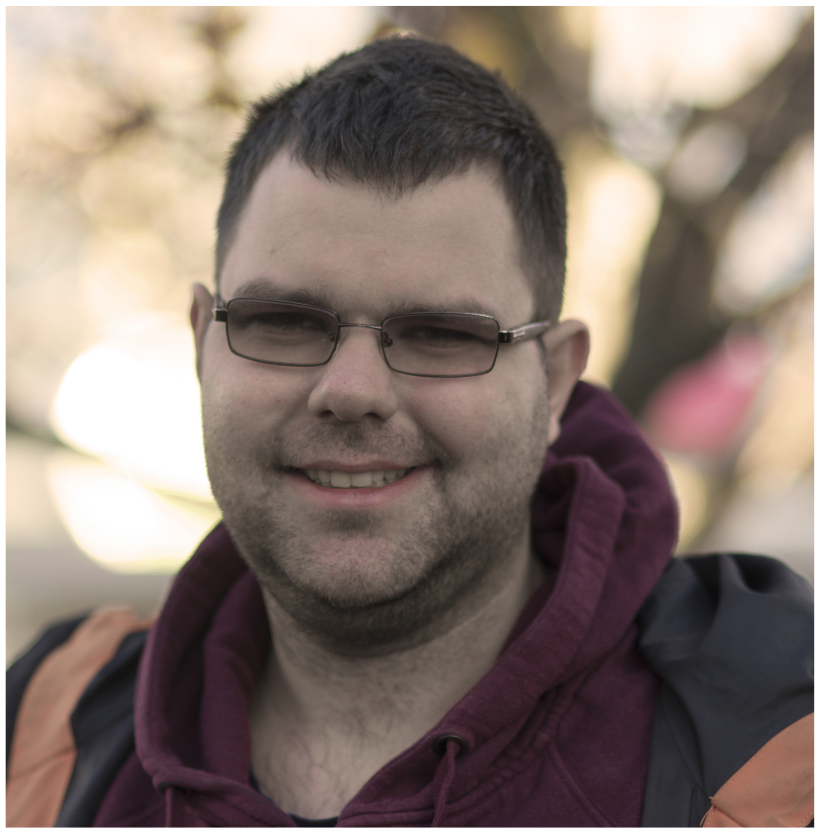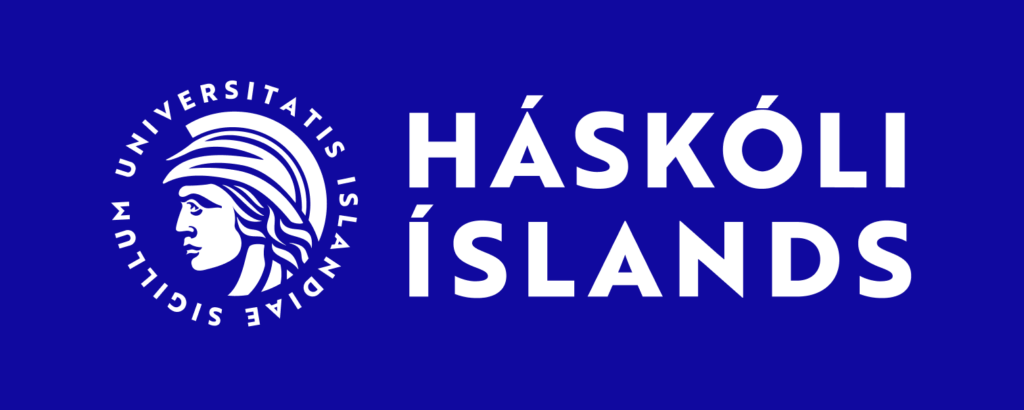Fötlun á tímum faraldurs
Disability in the Time of Pandemic
Rannsóknin
Í þessari rannsókn er notast við blandað rannsóknarsnið þar sem markmiðið er að auka þekkingu okkar og skilning á reynslu, heilsu og velferð fatlaðs fólks á tímum faraldurs. Í þeim tilgangi beitum við krítísku sjónarhorni þar sem reynsla og sýn fatlaðs fólks liggur til grundvallar. Rannsóknarsniðið er umbreytandi og tekur á misrétti, jaðarsetningu, kúgun og félagslegu óréttlæti – þar sem aðal markmiðið er að koma á breytingum bæði í samfélaginu og í stjórnkerfinu. Rannsóknin tilheyrir krítískri fötlunarfræði ásamt því að nota póststrúktúral femínískar kenningar og framsæknar hugmyndir um femíníska heilbrigðissiðfræði.
Til þess að rannsaka hvernig COVID-19 hefur haft áhrif á fatlað fólk byggjum við hvoru tveggja á megindlegum gögnum og gögnum sem þegar hefur verið aflað, ásamt nýjum eigindlegum gögnum, viðtölum við fatlað fólk og annað lykilfólk. Einnig verður orðræðan í kringum COVID-19 greind með áherslu á umfjöllun um fötlun og heilsu. Við teljum að þessi rannsókn geti aukið skilning og þekkingu á nauðsynlegum viðbrögðum við neyðarástandi eins og farsóttum og þá sérstaklega því sem snýr að heilsu og velferð fatlaðs fólks.
Disability in the Time of Pandemic
In this mixed-method research we aim to develop understanding and knowledge about the experience, health and well-being of disabled people at times of a pandemic by using critical perspective with an emphasis on the views and perspectives of disabled people themselves. The methodological approach adopted is transformative, i.e. it addresses discrimination, marginalization, oppression, and social justice with the overall aim to achieve a change both at a community and institutional levels. This research is situated within the field of critical disability studies and draws from post structural feminist theories and progressive ideas in feminist health care ethics. We will build on and analyse existing and new quantitative datasets to investigate how Covid-19 affected disabled people. To further unpack the complexities of disability and health during the pandemic we will conduct qualitative interviews with disabled people and stakeholders. We will also bring attention to the discourse around Covid-19 and examine how disability and health figures in the public discourse. We suggest that the understanding and knowledge which this proposed research contributes will improve future responses to emergencies and disasters and consequently the health and well-being of disabled people.
Teymið

Ásta Jóhannsdóttir
Dósent
- Sími:555 5555
- Netfang:sigrun.jons@hi.is

Tinna Ólafsdóttir
Doktorsnemi
- Sími:555 5555
- Netfang:sigrun.jons@hi.is

Ragnar Smára
Verkefnastjóri
- Netfang:ragnars@hi.is

Kristín Björnsdóttir
Prófessor
- Sími:555 5555
- Netfang:sigrun.jons@hi.is

Ástríður Stefánsdóttir
Prófessor
- Sími:555 5555
- Netfang:sigrun.jons@hi.is

Hrafnhildur Snæfríða Gunnarsdóttir
Doktorsnemi
- Sími:555 5555
- Netfang:sigrun.jons@hi.is

Guðrún V. Stefánsdóttir
Prófessor
- Sími:555 5555
- Netfang:sigrun.jons@hi.is

